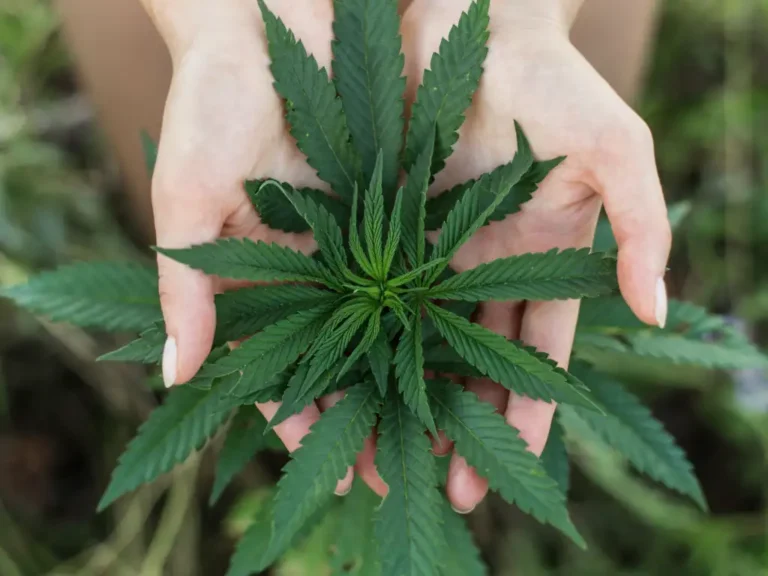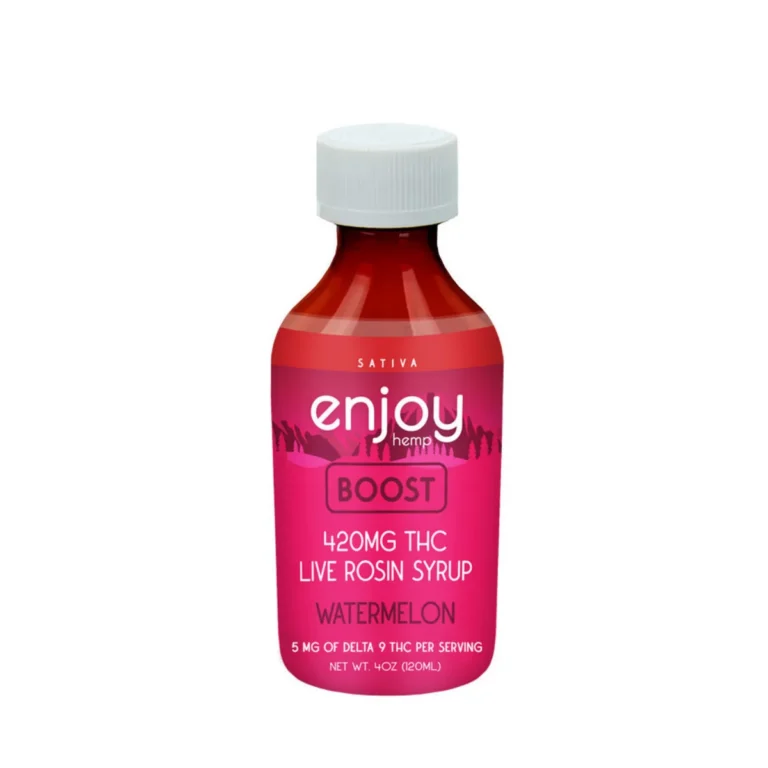Dog Ate Delta 9 Gummies What To Do
Delta 9 THC-infused edibles, such as gummies, are becoming increasingly popular, which unfortunately raises the risk of curious pets, particularly dogs, getting into these treats. Dogs are much more sensitive to THC than humans, making even small amounts potentially harmful or toxic to their health. If your dog consumes Delta 9 THC gummies, acting quickly and knowing what to do is vital for their safety.
Recognizing THC Toxicity in Dogs
Dogs exposed to Delta 9 THC often react intensely due to their unique physiology and heightened sensitivity to cannabinoids. Symptoms of THC toxicity may include lethargy, impaired coordination, excessive drooling, dilated pupils, urinary incontinence, and trembling. In severe cases, effects can escalate to seizures, frequent vomiting, or even a coma. These symptoms may develop anywhere from 30 minutes to several hours after ingestion, depending on factors like the dog’s size, metabolism, and the potency of the gummies.
A dog affected by THC might seem unusually sedated, disoriented, or unexpectedly excitable. If you notice any such symptoms, prompt action is essential. Early intervention can significantly reduce the risk of serious health complications.
First Steps After Ingestion
Staying calm is the most important step when addressing this situation. Panic can lead to unnecessary stress, potentially worsening the dog’s condition. Take a moment to compose yourself, then provide the dog with a safe and quiet space to rest, as reducing stress and limiting movement can be beneficial.
It’s essential to determine how much Delta 9 THC the dog consumed. Check the packaging of the gummies to identify the THC concentration per gummy and estimate the amount ingested. This information will be crucial for the veterinarian to assess and manage the situation effectively.

When to Contact a Veterinarian
When a dog consumes THC, seeking veterinary advice is crucial, even if the symptoms appear mild. A veterinarian can assess potential risks based on factors like your dog’s size, age, and health, offering guidance on the best course of action. Whether the exposure calls for immediate care or can be managed at home, professional input ensures your pet’s safety. If the THC dose is unknown or suspected to be significant, prioritizing a vet visit is essential. In cases where a veterinarian is unavailable, pet poison control hotlines can provide expert advice anytime.
Common Treatment Options
Veterinarians may recommend different treatments depending on the severity of symptoms. For mild cases, at-home care like monitoring and keeping the dog calm and hydrated may suffice. More serious situations might require interventions such as activated charcoal to reduce THC absorption, IV fluids for detoxification and hydration, and medications to manage symptoms like nausea or anxiety. These measures can help stabilize your dog and promote recovery.
Most dogs recover within one to two days when properly treated, though recovery time may extend for older dogs or those with health issues. Observing your pet closely after treatment is wise, as some effects may persist. Encouraging hydration and offering small amounts of bland food can aid in the recovery process.
Preventing Future Incidents
Preventing future incidents involves securely storing THC products out of your pet’s reach. Pet-proof or child-proof packaging can minimize risks, while ensuring everyone in the household understands the importance of keeping such items inaccessible to pets. Simple precautions like using high shelves or locked cabinets can make a significant difference.
While the situation can be stressful, a calm and prompt response helps protect your pet’s well-being. By acting quickly, consulting professionals, and taking preventive measures, you can navigate such events effectively and create a safer environment for your dog.





